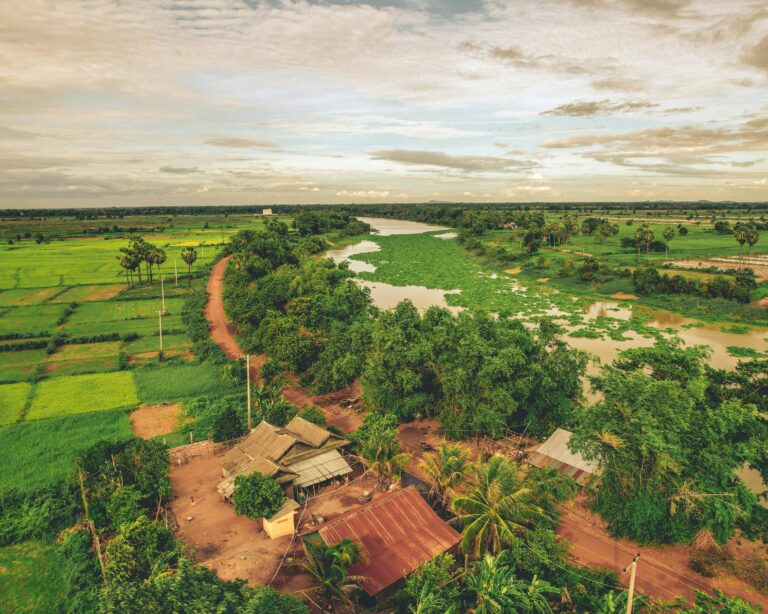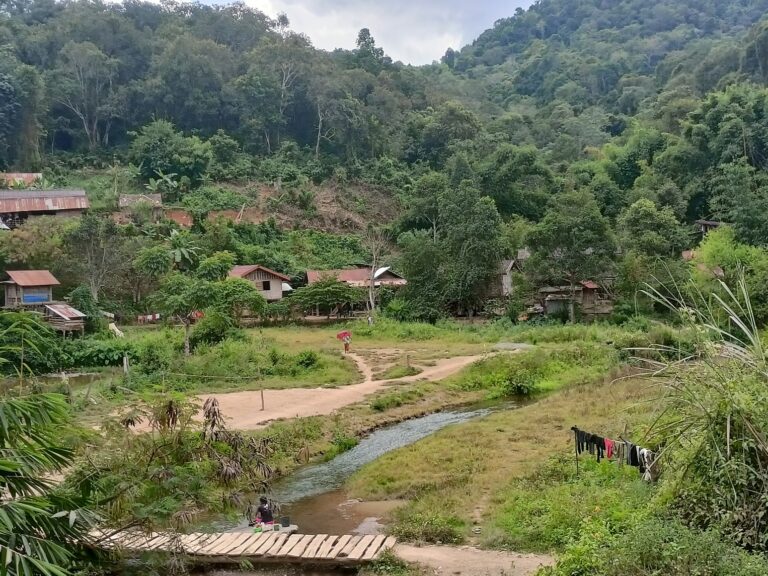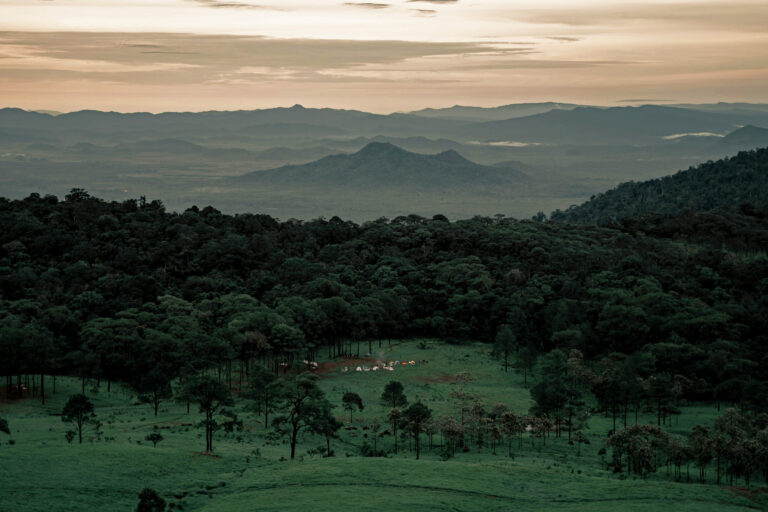IT’S A WRAP! Final workshop for the Ly Son project

Last month, project partners INVEST and INGINE joined ICEM for the final dissemination session related to the innovative project focussing on the EIA for INGINE’s Ly Son Wave Power Plant. The session focussed on sharing the lessons learned, EIA-related aspects and the technical issues related to wave energy converter installations, including climate-change-related risks and scalability potential.
USAID’s INVEST mechanism made this project possible by reducing barriers for INGINE to mobilise investment for development, bringing ICEM’s valuable sector-specific expertise within blended and innovative finance.
INGINE’s Ly Son Wave Power Plant is the first wave energy converter planned for the region, and we are excited to have been a partner on this pioneering project. INGINE are continuing to push forward with the plant’s development, which will support the development of remote communities on An Binh Island.



The Project was part of a United States Agency for International Development (USAID) initiative to explore and facilitate private investments in the Renewable Energy (RE) sector through the Renewable Energy Transaction Assistance Facility, designed to offset transaction costs and reduce the risk profiles of RE projects for firms. INGINE PACIFIC Co. Ltd. (INGINE) was the developer for the proposed INGINE Ly Son 1 Wave Energy Plant (LSWEP), and the International Centre for Environmental Management (ICEM) was the EIA consultant with support from USAID through the INVEST mechanism.
The Vietnam renewable energy transaction assistance fund nearshore wave power plant in Ly Son: EIA, Gap analysis, and learning capture was primarily focused on an Environmental Impact Assessment (EIA) for the LSWEP planned for construction in the nearshore zone of An Binh Island, Ly Son District, Quang Ngai Province in 2023. The development was planned for construction in a Marine Protected Area (MPA). Project supporting works aimed to extract and document lessons learned, undertaken via a Gap Analysis for EIA in Vietnam compared to international EIA processes, and a Wave Energy Case Study, which analysed the context and potential for wave energy in Vietnam and captured project lessons learned.
> View more ICEM’s work in Vietnam
[/fusion_builder_column][/fusion_builder_row][/fusion_builder_container]



